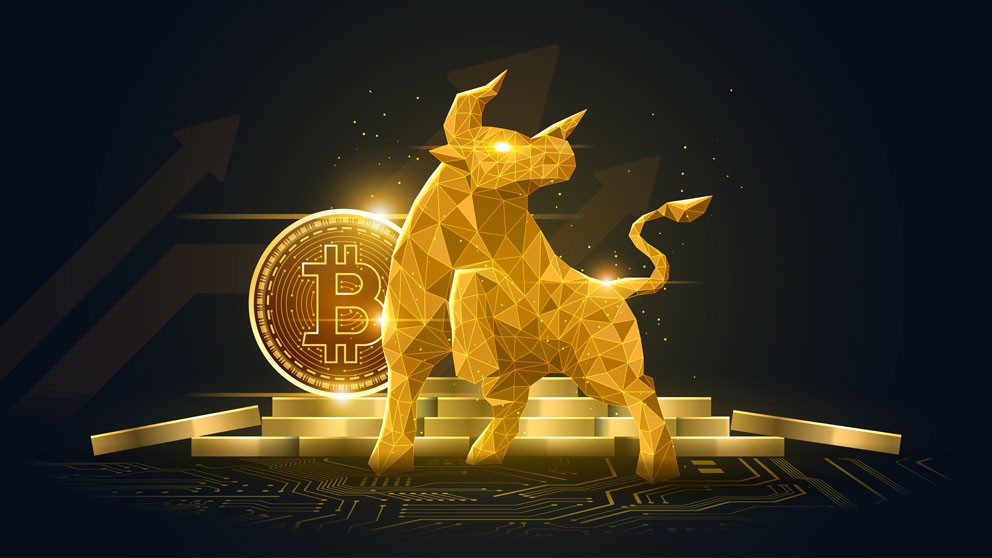
Blockchain Tech
What Is Blockchain Technology?
At its core, blockchain is a distributed ledger system that records transactions across a network of computers. Unlike traditional databases, blockchain operates without a central authority, ensuring data integrity through consensus mechanisms. Each "block" contains a batch of transactions, and once added to the "chain," it becomes immutable, secured by cryptographic algorithms.
Key Features of Blockchain- Decentralization: No single entity controls the blockchain, making it resistant to censorship and fraud.
- Transparency: All participants in the network have access to a shared ledger, promoting trust and accountability.
- Security: Data is secured through cryptographic techniques, and once recorded, it cannot be altered.
- Efficiency: Smart contracts—self-executing contracts with pre-defined rules—automate processes, reducing the need for intermediaries.
Blockchain has revolutionized the financial sector by enabling faster and more secure transactions. Cryptocurrencies like Bitcoin and Ethereum operate on blockchain networks, providing alternatives to traditional banking systems. Additionally, decentralized finance (DeFi) platforms leverage blockchain to offer lending, borrowing, and trading without intermediaries.
2. Supply Chain ManagementBlockchain enhances supply chain transparency by recording every step of a product's journey. Companies like IBM and Walmart use blockchain to track goods, reduce fraud, and improve efficiency. For instance, blockchain ensures authenticity in industries like luxury goods and pharmaceuticals.
3. HealthcareIn healthcare, blockchain enables secure sharing of patient records among providers while maintaining privacy. It also combats counterfeit drugs by ensuring traceability from manufacturers to consumers.
4. Real EstateBlockchain simplifies property transactions by digitizing ownership records, reducing paperwork, and preventing fraud. Smart contracts can automate processes like transfers and lease agreements.
5. Voting and GovernanceBlockchain-based voting systems can increase election transparency and reduce voter fraud. By creating immutable records, it ensures trust in democratic processes.
Challenges and Future ProspectsWhile blockchain offers numerous benefits, it faces challenges such as scalability, high energy consumption (especially in proof-of-work systems), and regulatory uncertainty. Innovations like proof-of-stake and layer-2 scaling solutions are addressing these issues, making blockchain more sustainable and accessible.
As industries continue to explore blockchain's potential, its adoption is expected to grow exponentially. According to reports, the global blockchain market could exceed $39 billion by 2025, driven by advancements in technology and increased investment.
ConclusionBlockchain technology is transforming how we store, share, and secure information. From financial systems to supply chains and beyond, its applications are reshaping industries and paving the way for a more transparent and decentralized future. As challenges are addressed and adoption expands, blockchain is set to play a pivotal role in the digital age.
All comments
Comment not found


